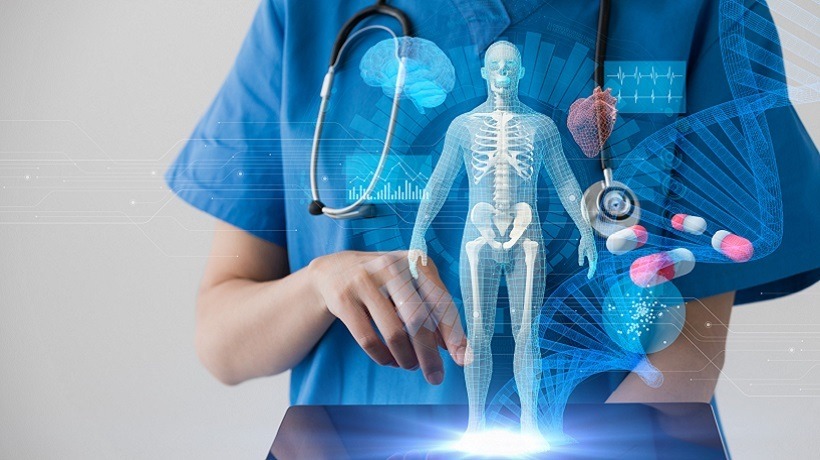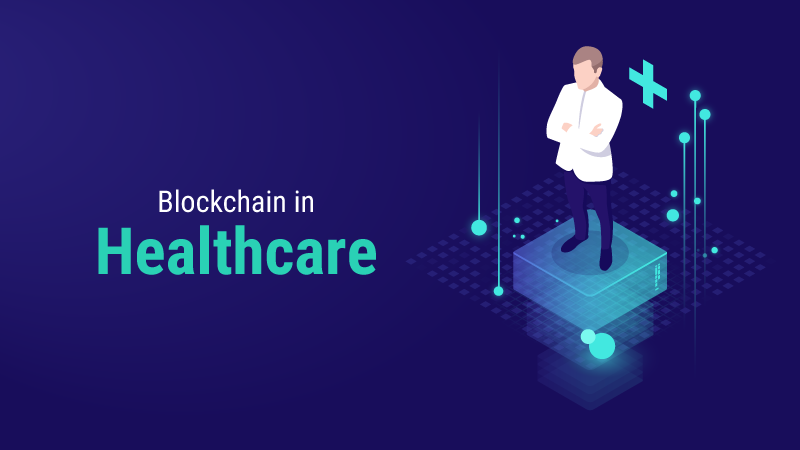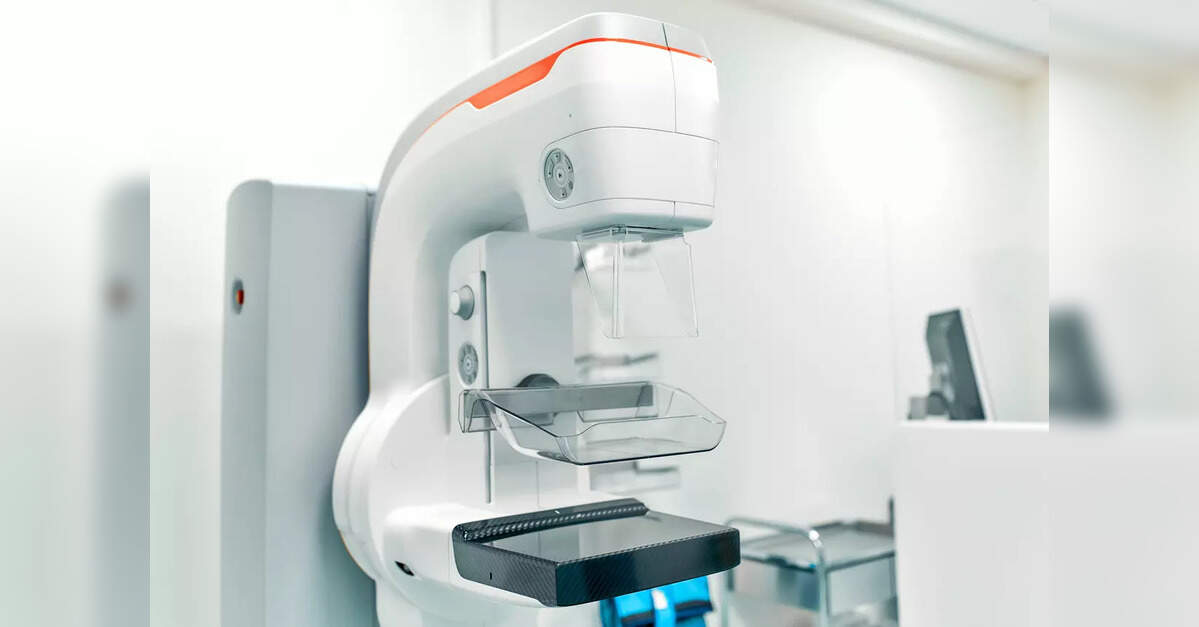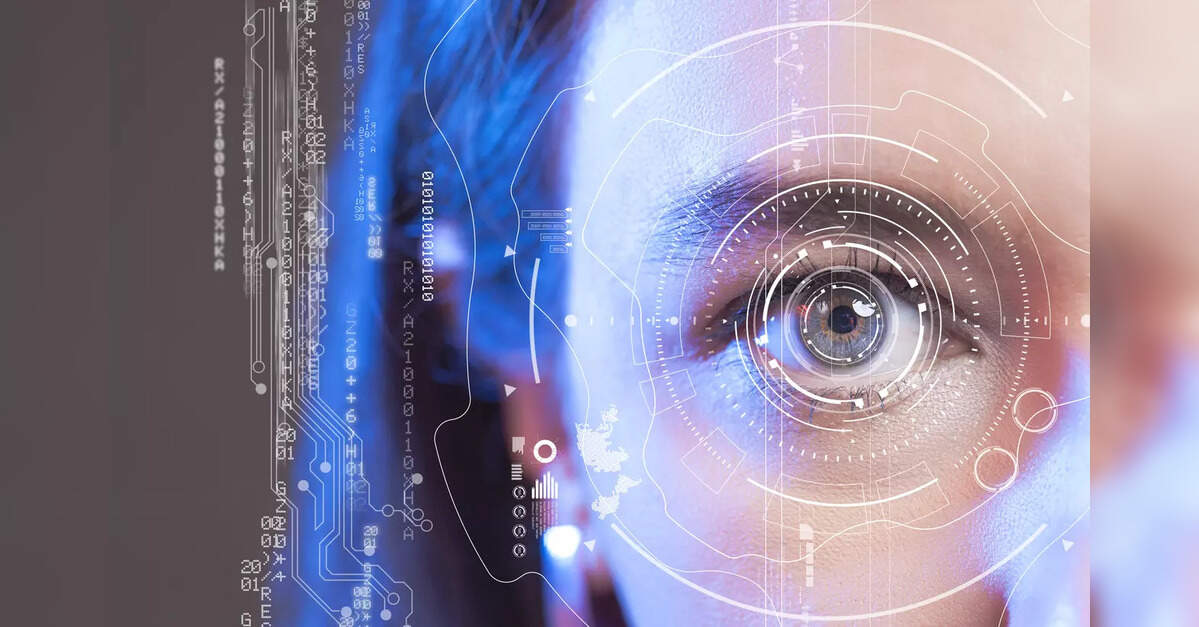Healthcare has always been an evolving field, with new advancements and technologies constantly changing the way we diagnose, treat, and manage illnesses. As we look to the future, healthcare is set to undergo significant transformations. From artificial intelligence to personalized medicine, the next few years will witness innovative breakthroughs that promise to improve patient outcomes, streamline medical practices, and make healthcare more accessible for everyone. In this article, we will explore the emerging trends and innovations in healthcare and what they mean for the future of the industry.
1. The Rise of Artificial Intelligence in Healthcare

Artificial intelligence (AI) is one of the most significant advancements in healthcare today. AI is being used to analyze vast amounts of medical data, predict patient outcomes, and even assist in diagnosing diseases. For instance, machine learning algorithms can now analyze medical images, such as X-rays and MRIs, to identify conditions like cancer or fractures with high accuracy. Additionally, AI-powered chatbots and virtual assistants are enhancing patient care by providing personalized health advice and answering patient queries in real time.
Key Applications of AI in Healthcare:
- Medical Imaging: AI algorithms can identify patterns in images and help detect abnormalities faster than humans.
- Predictive Analytics: AI can analyze patient data to predict health outcomes and recommend preventive measures.
- Drug Discovery: AI is revolutionizing the drug discovery process by predicting molecular behavior and helping scientists develop more effective drugs.
The integration of AI in healthcare is expected to reduce diagnostic errors, speed up decision-making, and provide personalized care tailored to individual patients.
2. Telemedicine and Remote Patient Monitoring
Telemedicine has become a game-changer in the healthcare sector, especially in the wake of the COVID-19 pandemic. Remote consultations via video calls and online platforms have enabled patients to access medical care from the comfort of their homes. Telemedicine is not only convenient but also cost-effective, as it reduces the need for in-person visits, saves time, and helps alleviate pressure on healthcare facilities.
Remote Patient Monitoring (RPM):
Remote patient monitoring involves the use of technology to monitor patients’ health outside of traditional clinical settings. Devices like wearable health trackers and home-based monitoring systems collect data such as heart rate, blood pressure, and glucose levels, which can be transmitted to healthcare providers for continuous evaluation. This allows doctors to intervene early when necessary, preventing complications and hospital readmissions.
The growing use of telemedicine and RPM is expected to revolutionize the healthcare industry by making care more accessible, especially in rural or underserved areas.
3. Personalized Medicine and Genomic Healthcare
Personalized medicine is an emerging approach that tailors healthcare treatments to individual patients based on their genetic makeup, lifestyle, and environment. With the advent of genomics, doctors can now analyze patients’ genetic information to predict their susceptibility to certain diseases, select the most effective treatments, and even monitor responses to medication.
Genetic Testing and Therapies:
Genetic testing has become increasingly common in diagnosing genetic disorders, assessing risks for diseases like cancer, heart disease, and diabetes, and personalizing treatment plans. In the future, as gene-editing technologies like CRISPR become more advanced, personalized therapies will allow for the correction of genetic mutations before they result in serious health issues.
Pharmacogenomics:
Pharmacogenomics is the study of how an individual’s genes influence their response to drugs. This allows doctors to prescribe medications that are more likely to work effectively for each person, reducing the risk of adverse side effects and improving treatment outcomes.
Personalized medicine promises to improve treatment precision, reduce side effects, and ensure more effective patient care.
4. Robotics and Automation in Surgery

Robotic-assisted surgery has already made significant strides in recent years, with surgeons using robots to perform minimally invasive procedures with increased precision and reduced recovery times. In the future, robotics will play an even more prominent role in healthcare, with machines capable of performing complex surgeries with minimal human intervention.
Benefits of Robotic Surgery:
- Precision: Robots can perform intricate procedures with high accuracy, reducing the risk of human error.
- Minimally Invasive: Robotic surgery allows for smaller incisions, less trauma to the body, and faster recovery times.
- Remote Surgery: With the help of high-speed internet and advanced robotic systems, surgeons can perform surgeries on patients located far away from medical centers.
The integration of robotics and automation in surgery is expected to improve patient outcomes, enhance surgical efficiency, and expand access to care, particularly in remote areas.
5. Virtual Reality (VR) and Augmented Reality (AR) in Healthcare
Virtual reality (VR) and augmented reality (AR) are becoming increasingly important tools in healthcare. These technologies are being used in medical education, therapy, and treatment planning.
Medical Training and Education:
Medical students and professionals are using VR and AR simulations to practice surgeries, anatomy lessons, and patient interaction in a controlled environment. VR allows for immersive learning experiences, while AR overlays critical information on the real-world environment, enhancing the understanding of complex procedures.
Pain Management and Rehabilitation:
VR is being used to manage pain and anxiety in patients undergoing treatments such as chemotherapy, physical therapy, or dental procedures. Immersive VR experiences can distract patients and help reduce their perception of pain. Additionally, AR is being used in physical therapy to create interactive rehabilitation exercises tailored to individual needs.
The use of VR and AR in healthcare has the potential to transform medical training, improve patient outcomes, and enhance the overall healthcare experience.
6. The Integration of Blockchain Technology in Healthcare

Blockchain, the technology behind cryptocurrencies like Bitcoin, is gaining traction in healthcare for its potential to improve data security, transparency, and interoperability. Blockchain allows for the creation of tamper-proof, decentralized records that can be securely shared between healthcare providers, ensuring patient privacy and preventing data breaches.
Benefits of Blockchain in Healthcare:
- Improved Data Security: Blockchain’s decentralized nature makes it resistant to hacking and data tampering.
- Interoperability: Blockchain can facilitate the sharing of patient records across different healthcare systems, ensuring more coordinated and efficient care.
- Supply Chain Transparency: Blockchain can be used to track the origins and safety of pharmaceuticals and medical supplies, reducing the risk of counterfeit drugs.
As healthcare data becomes increasingly digitized, the integration of blockchain technology will play a key role in ensuring the security and accuracy of patient information.
Also Read : Innovations In Healthcare: What’s Next For Medical Advancements?
Conclusion
The future of healthcare is an exciting one, with numerous trends and innovations set to revolutionize the industry. From artificial intelligence and telemedicine to personalized medicine and robotics, the healthcare landscape is evolving rapidly, making healthcare more accessible, efficient, and effective. As these technologies continue to advance, they will reshape how we approach medical care, leading to better outcomes for patients and healthcare providers alike.
FAQs
1. How will artificial intelligence impact healthcare?
AI will significantly improve diagnostic accuracy, reduce errors, and help doctors make more informed decisions by analyzing vast amounts of medical data. It will also streamline administrative tasks, allowing healthcare professionals to focus more on patient care.
2. What is telemedicine and how does it benefit patients?
Telemedicine is the use of technology to provide healthcare remotely, such as through video consultations. It allows patients to access medical care from home, reducing the need for in-person visits and making healthcare more convenient and accessible.
3. What is personalized medicine?
Personalized medicine involves tailoring treatments based on an individual’s genetic makeup, lifestyle, and environment. This approach ensures more effective treatment and reduces the risk of adverse side effects.
4. How will robotics change surgery?
Robotic-assisted surgery will improve precision, reduce the risk of complications, and shorten recovery times. Surgeons will be able to perform complex surgeries with greater accuracy and in less time.
5. What role will blockchain play in healthcare?
Blockchain will enhance data security, improve patient privacy, and enable better data sharing between healthcare providers. It will also increase transparency in healthcare supply chains and reduce fraud.








